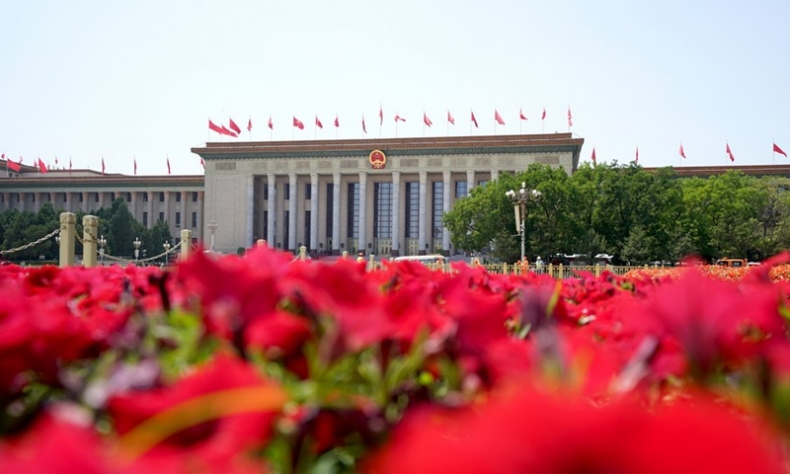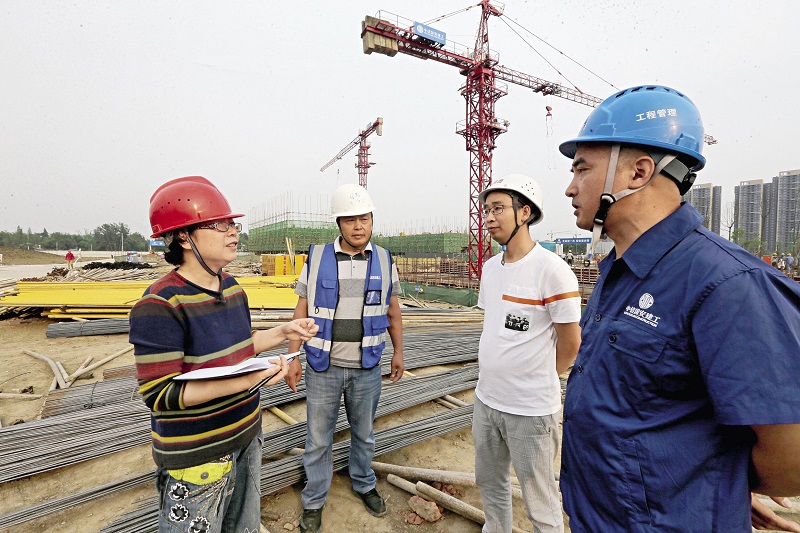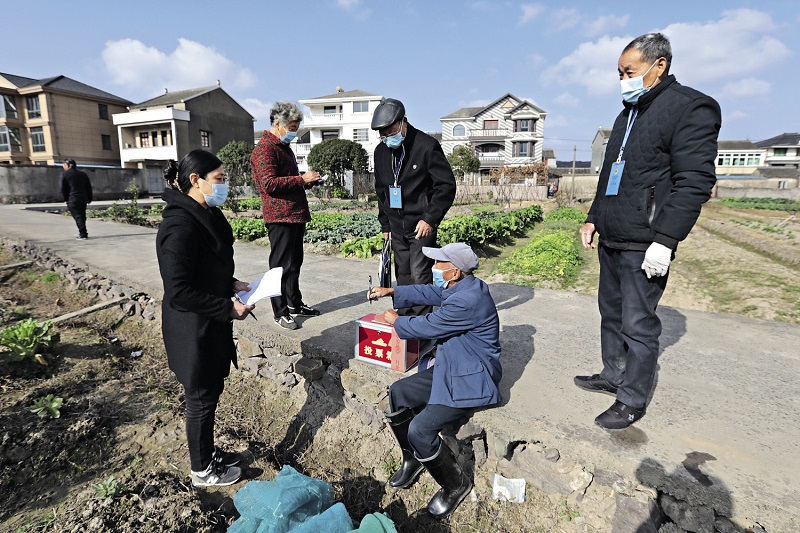China’s Advances in Democracy

In China, democracy is considered a tool for the benefit of society and not a good in itself.
The debate about what democracy is, permanently crosses political and academic boundaries, extending in certain contexts to the whole of society. The system, conceived to defend the people’s right to elect and supervise their rulers through mechanisms of direct or indirect participation, is adopted mostly in the West, and in Latin America in particular, the U.S. model is used.
With the rise of China in the international arena, debates are making their way in the West about whether or not there is democracy in China as democracy has failed to solve many problems of the people in the West. Much more is known in China about the democracy that is practiced in the West than in the West about the Chinese political system and democratic practices.

Differences between China and the West
There have been also a lot of discussions about democracy in China in recent years. However, it is considered a tool for the benefit of society, not a good in itself. On the other hand, in the West there is the conviction that if there is not an electoral process based on a multiparty system, with a very strong tendency towards U.S.-style bipartisanship, there is no democracy.
In general, in the Chinese intelligentsia there is a need to advance the internal democracy of the Communist Party of China (CPC) to further deepening the current economic, political, and ideological legitimacy. If the legitimacy of the CPC deteriorates, this will not only have consequences in China, but throughout the world.
People’s congresses of different levels and the national and local committees of the Political Consultative Conference of the Chinese People are among the many platforms through which Chinese people can exercise democracy, participate in state and local affairs, voice their opinions, and supervise the government and the implementation of laws and the adopted resolutions.
Dr. Cristina Reigadas, a political philosophy and ethics expert from Argentina, holds that the claim that there is no democracy in China is a Eurocentric prejudice and that the Chinese political culture is suitable for democracy.
In the Chinese political reality, the efforts to strike a balance between tradition and innovation, as well as centrality and decentralization, within the framework of democratic centralism, create the best conditions for the growing popular participation of state affairs and democratic practices. This dynamic, enriching and not without challenges, is a process that is based on the sinicization of Marxism. It takes into account the rich ancient culture and philosophy of China, and allows a permanent adaptability to the changing reality, upholding the principle of seeking truth from the facts. This steers the country towards the resolution of contradictions, towards a society ruled by law and a socialist future.
In this regard, President Xi Jinping delivered an important speech in October 2021 at a central conference on work related to people’s congresses. There he stressed that the government encourages and promotes democracy in China and allows popular participation in national governance, adding, “Whether a country is a democracy or not depends on whether its people are really the masters of the country.”
Xi affirmed that democracy is a shared value of humanity and has always been cherished by the CPC and the Chinese people, and that it “is not a decorative ornament, but an instrument for addressing the issues that concern the people.”
On the other hand, he was very clear about the attacks on the Chinese political system by stating that to judge whether a country is democratic or not, one must look into whether the rules and procedures for the exercise of power are democratic, and more importantly, whether the exercise of power is genuinely subject to public scrutiny and checks. Xi contended, “Whether a country is democratic should be judged by its people, not dictated by a handful of outsiders,” in a clear reference to the interventionist policies and the anti-China campaign promoted by the United States and its allies in the West. Xi believes that there is no fixed model of democracy; it manifests itself in many forms.

A Permanent Debate
Based on what we have observed, it can be concluded that socialism with Chinese characteristics is not incompatible with democracy, as many Western analysts want to make out, starting from the idea that democracy is exclusively Western. On the contrary, in China there is a whole-process people’s democracy in place. And democracy per se is considered a tool to benefit society, not a good in itself.
One aspect that we consider very important is the way in which candidates for different legislative and executive positions are chosen in each country. In China, the starting point is direct elections at the base and indirect elections at higher levels. The candidates are proposed by local communities and grassroot organizations. The elected, in turn, designate the higher representative authorities, but having to answer to the lower instances for their decisions. In China, deliberative democracy is advancing, an effective practice to make the principle that the people are the masters of the country, a reality.
Although it is very difficult to make predictions about how the political and participatory systems will evolve in China and in Western countries that follow the American model, there is some data provided by historical experience, by the processes underway, and by the systemic characteristics present in the capitalist or socialist objectives present in these countries, that can guide us to establish trends.
In this sense, we understand that if the process of building socialism with Chinese characteristics continues, with advances and setbacks, in the consolidation and creation of popular participation mechanisms, with the same flexibility that it has been demonstrating, it can achieve much deeper progress than what is expected.
On the contrary, many Western societies are facing the contradiction between the capitalist logic, based on exploitation, and the pre-eminence of increasingly concentrated economic, financial and media powers, which act as strong limitations to autonomous and sovereign projects and, ultimately, to the deepening of democracy.
Ruben Guzzetti is an international analyst and member of the China Studies Department of the Center for Marxist Studies and Training in Argentina.
Marcelo Rodriguez is director of the China Studies Department of the Center for Marxist Studies and Training in Argentina.
 Facebook
Facebook
 Twitter
Twitter
 Linkedin
Linkedin
 Google +
Google +










